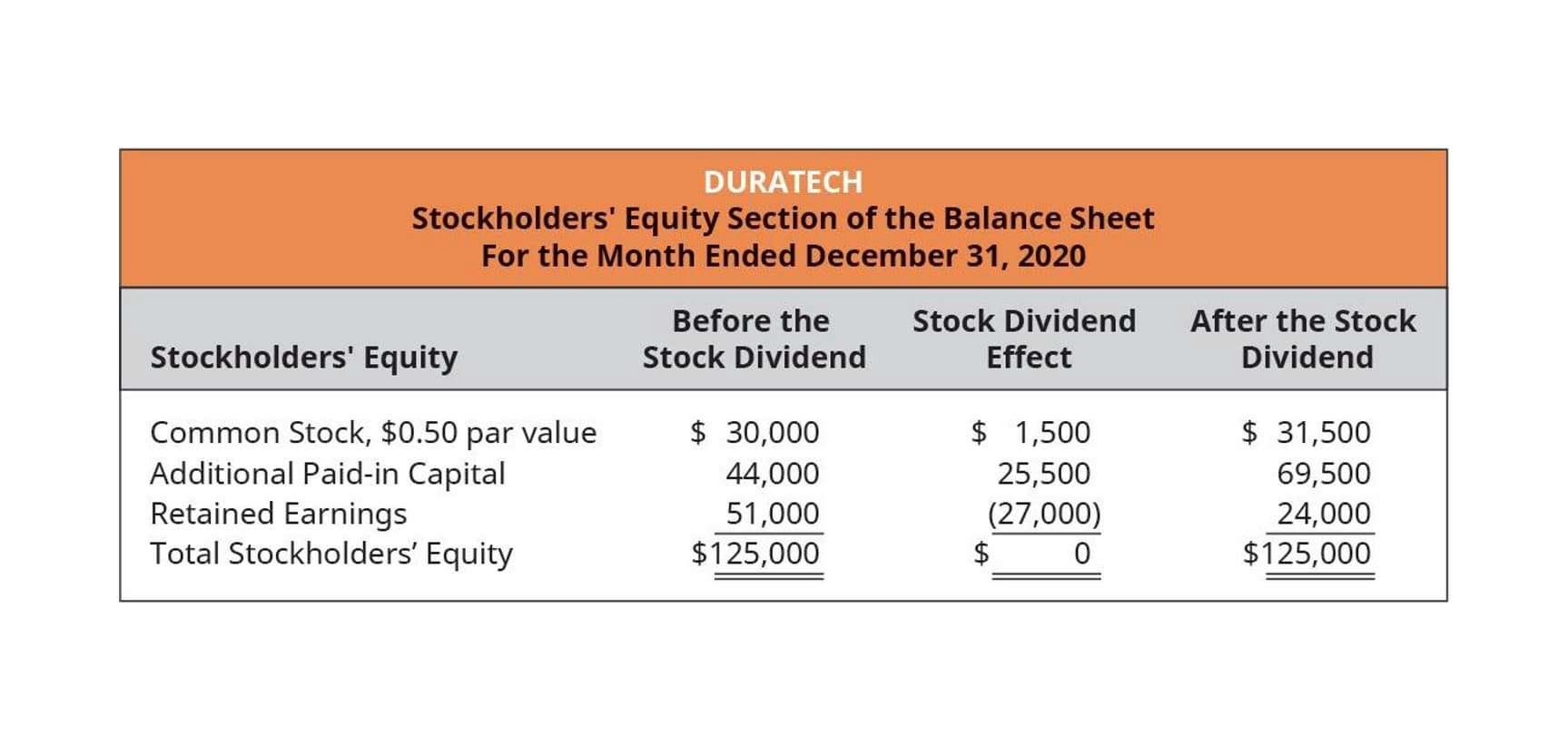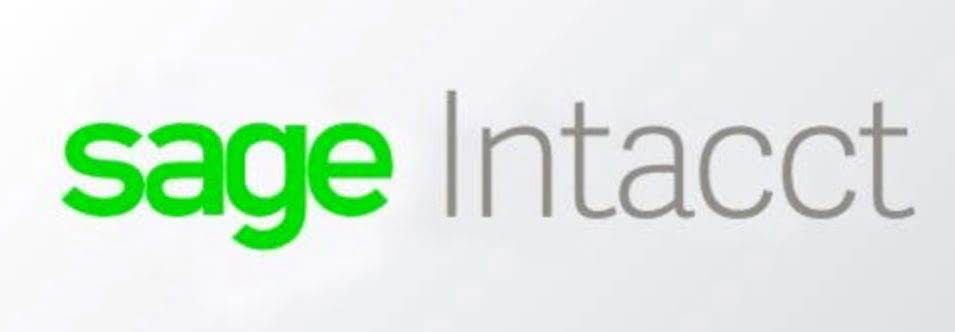
Benefits of using a costing sheet include that they show the product’s production cost overall as well as the unit costs. In terms of manufacturing, they can help keep product costs under control. They also help develop product policy and aid in the decision-making on product pricing. And, as noted, helps managers compare costs to past outcomes and benchmark costs. Job costing requires extra work to ensure every transaction is accurately tracked and allocated to the right project.
Job Costing Vs Process Costing
- To ensure that the work carried out by the contractor is as per the plan and specifications, it is monitored periodically by the contractee.
- It also allows them to benchmark themselves against the competition to uncover areas that can be improved and make them more competitive.
- There are also task management features, automated workflow with task approvals to ensure quality deliverables and much more.
- Job costing systems determine manufacturing costs systematically by dividing them in overhead, direct material, and direct labor costs and estimating them at their actual value.
- The estimated cost of the job is then informed to the prospective customer.
Take a look at our best accounting software article, which includes software that either offers job costing or integrates easily with job costing options. Finally, the customer is billed based on the actual costs incurred. This ensures that the company charges the customer accurately and covers all expenses related to the job. Once a job has been completed, a flag must be set in the job costing job costing meaning system to close down that job. Otherwise, there is a strong probability that employees will continue to charge time to it, and that it will continue to attract an allocated overhead charge at the end of each successive month.
Job costing vs. process costing

In such cases, the cost accountant must carefully review the costs assigned to each job before releasing it to the billing staff, which creates a customer invoice. This can cause long hours for the cost accountant at the end of a job, since the company controller will want to issue an invoice as soon as possible. After all expenses have been recorded, businesses can analyze the data to determine the cost of producing the specific product or service. This information can then be used Accounting for Marketing Agencies to set prices, identify areas where costs can be reduced, and make informed business decisions. In most cases pre-determined overhead rates are used for the absorption of factory overheads.
Industries that use job costing 🔗

Job costing results in discrete “buckets” of information about each job that the cost accountant can review to see if it really should be assigned to that job. If there are many jobs currently in progress, there is a strong chance that costs will be incorrectly assigned, but the very nature of the job costing system makes it highly auditable. Job costing can also identify areas where costs can be reduced without sacrificing quality.


The primary reason for many of the preceding controls is that managers twist the results of the job costing system to defer expense recognition. Since managers are the ones most likely to be at fault, the only good control is to have an outside entity – such as the internal audit department – examine how is sales tax calculated the results of the job costing system. Any other controls probably fall under the authority of the managers who are misusing the system, and so are useless. The point is that some logical method needs to be used to attach overhead costs to output, but no single choice is absolute.
